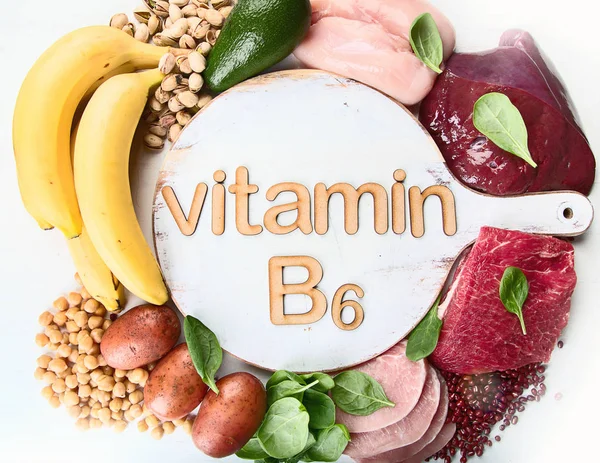Vitamin B6 is an important nutrient for children because it promotes healthy brain development, immune system function, and general growth. Despite its importance, many youngsters may be deficient in vitamin B6, which can result in a variety of health complications. As a parent, it is critical to be aware of the indicators that may suggest a deficiency. Recognizing these signs early on will help you seek quick medical attention and ensure your child gets the nutrients he or she needs for good health. Here are six indications of vitamin B6 insufficiency that you should look for in your child.
SYMPTOMS OF VITAMIN B6 DEFICIENCY IN CHILDREN
• Irritability or sudden changes in behavior: Parents, you may notice that the child has become moody or is unable to concentrate on studies or any task which can hinder their academic performance.
• Skin rashes or persistent irritations around the mouth: Both these symptoms indicate that the child may be deficient in vitamin B6.
• Frequent sickness: The child will fact sick time and again due to a weakened immune response associated with inadequate Vitamin B6 levels.
• Fatigue and tiredness: If the child is deficient in vitamin B6 he/she can get anemia. The child will exhibit symptoms such as fatigue, weakness, and pale skin that need timely intervention. If your child appears to be drained due to the lack of energy then take him to the expert who will recommend checking his/her vitamin B6 levels.
• Vomiting, nausea, and poor appetite: Those children who have low levels of vitamin B6 may display signs and symptoms such as nausea, vomiting, and poor appetite that will require immediate attention.
• Mood swings: If the child becomes cranky, irritable, frustrated, or keeps nagging constantly then you need to check his/her vitamin B6 levels. Mood swings may occur due to the low levels of vitamin B6. These are some of the signs that indicate vitamin B6 deficiency in children.
According to Doctor, “If your child is found to be deficient in vitamin B6, consider including the following foods in their daily diet: eggs, banana, salmon, figs, raisins, avocado, dates, sesame seeds, sunflower seeds, and flax seeds.” Parents can contact with a nutrition specialist to get the best advice on what foods are healthiest for their children. By following the expert’s guidance, you can help your child meet the recommended vitamin B6 levels.”
Source:In







 Finance
Finance







